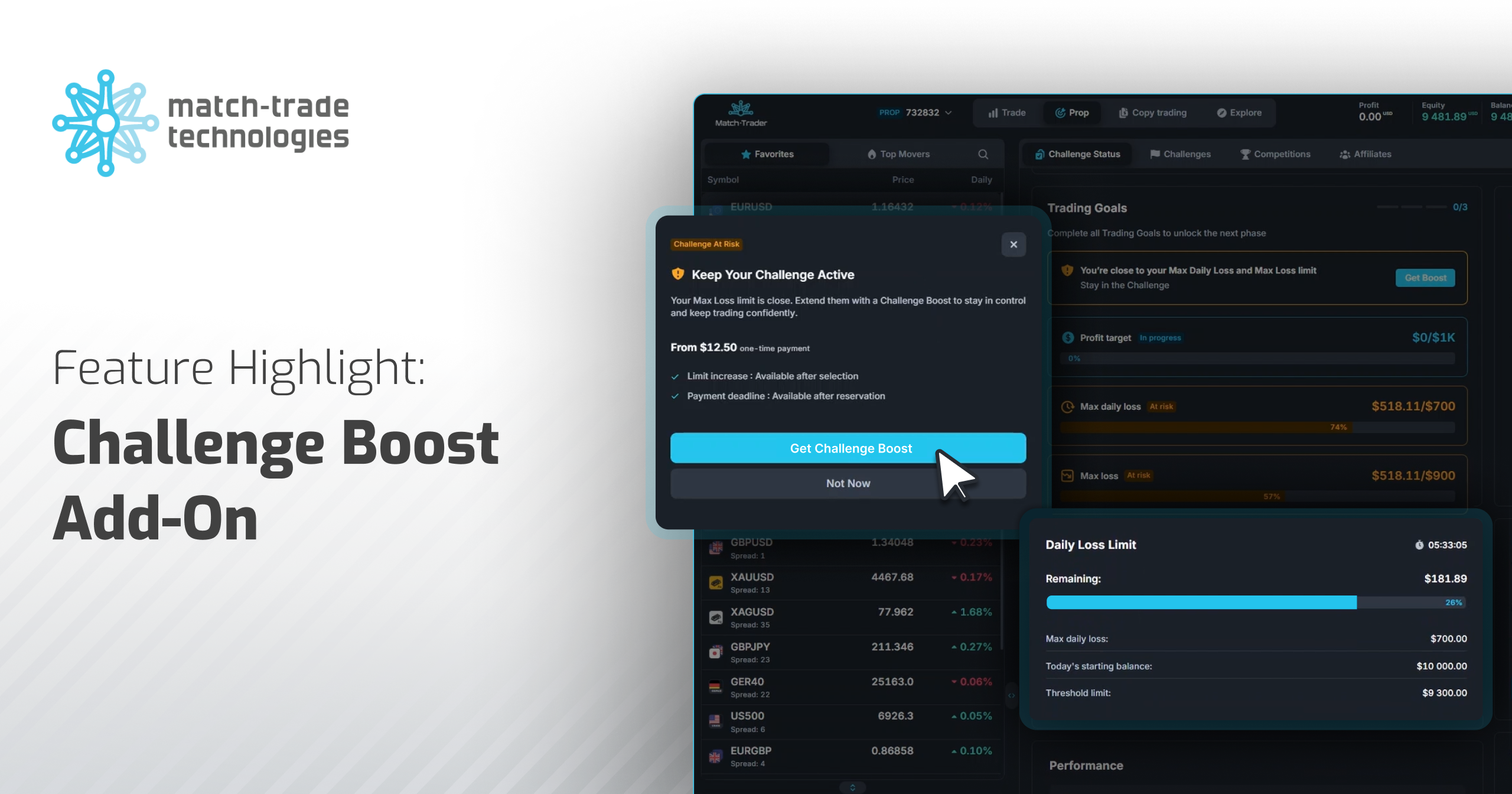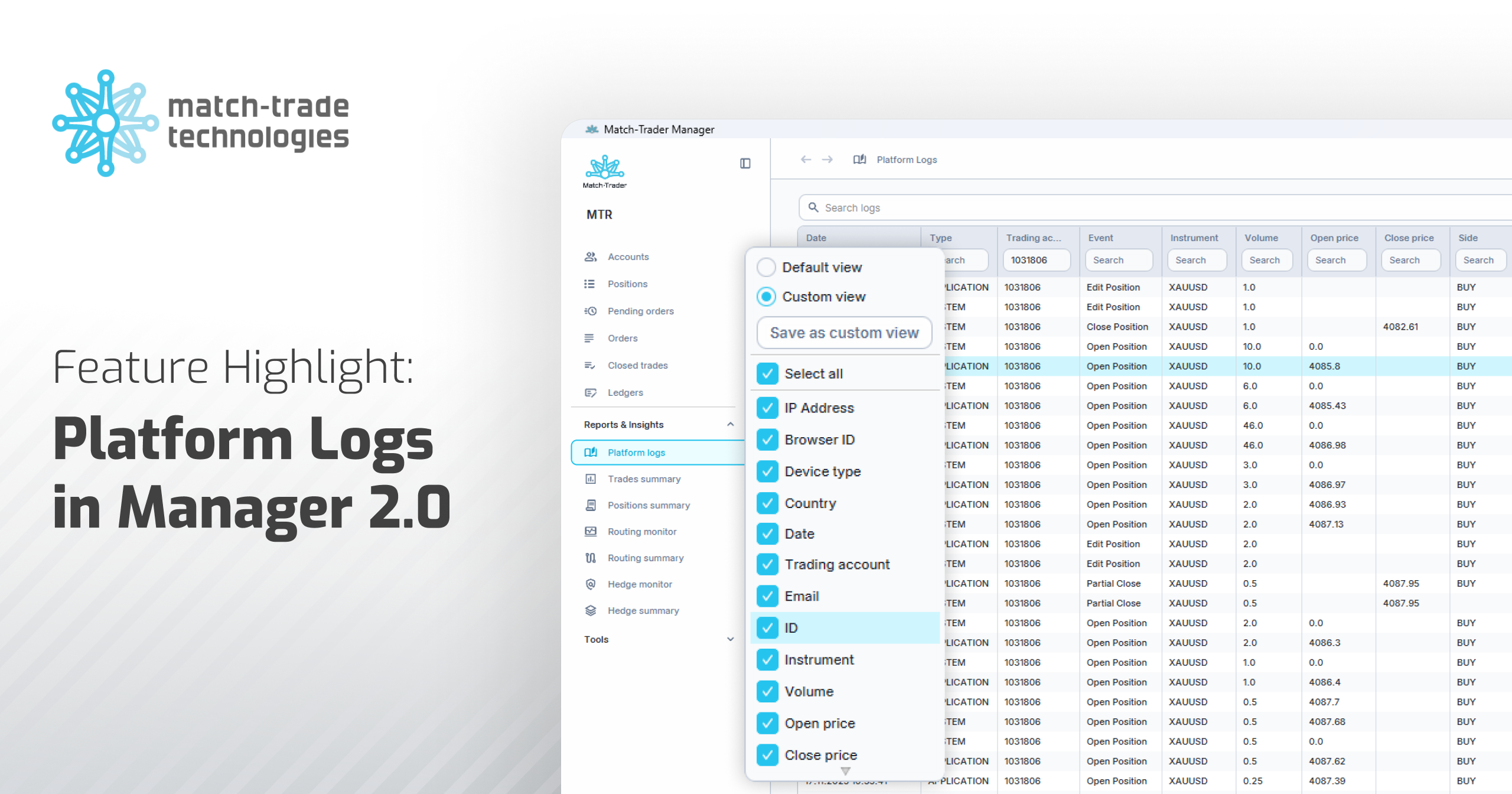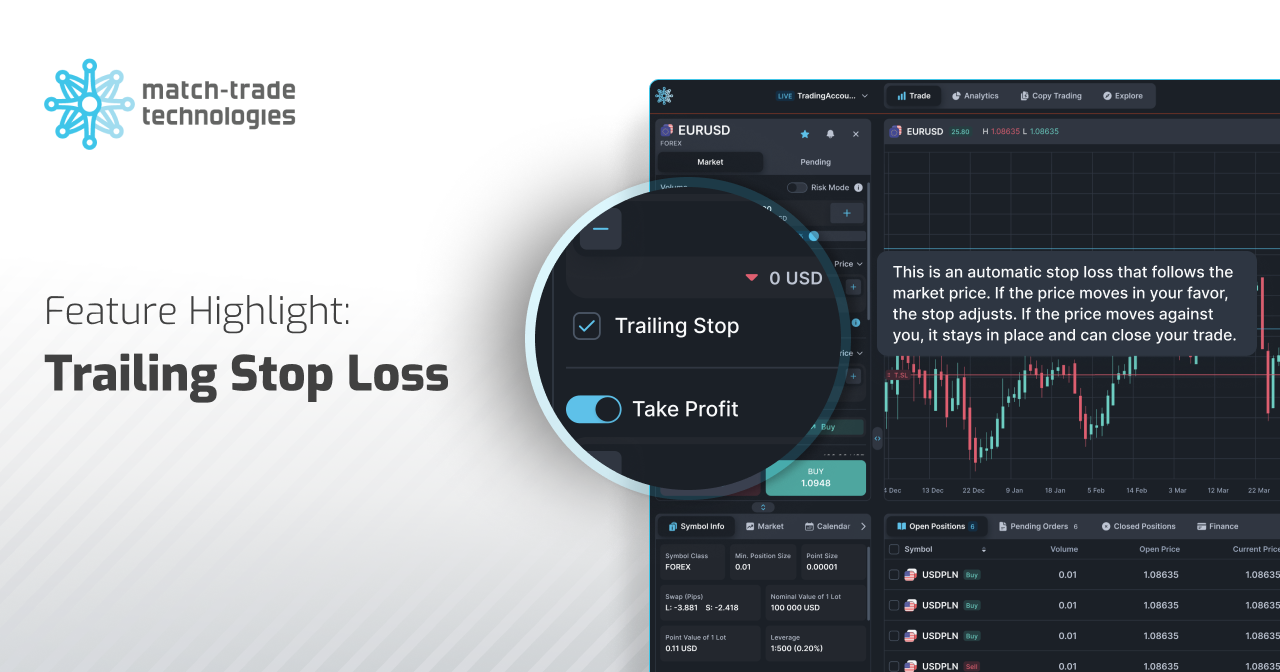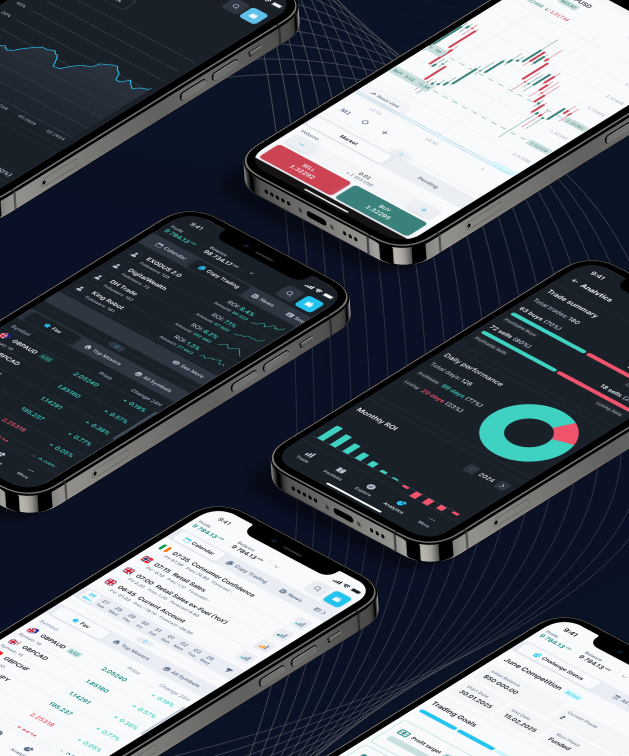The line between Prop Firms and Brokers is no longer just blurred—it’s disappearing. What started as a wave of funded trading programs has become a structural shift in the industry. Proprietary trading firms, once operating quietly in the background, are now making bold moves to secure their place in the regulated trading ecosystem. And nothing illustrates this better than FTMO’s acquisition of OANDA—a fully licensed, globally recognised Forex Broker. This trend marks the next phase in the evolution of Prop Trading: becoming full-spectrum trading businesses.
FTMO + OANDA: A Strategic Shift
FTMO’s acquisition of OANDA earlier this year wasn’t just a headline—it was a signal. One of the largest, most successful Prop Trading firms had enough cash on hand to purchase a major Broker, complete with licenses across Tier-1 jurisdictions like the U.S., UK, EU and Australia.
The deal instantly gave FTMO:
- Access to regulated markets
- A retail client base outside the challenge model
- Established infrastructure and technology
- A respected global brand
FTMO has made it clear: this wasn’t just about growth. It’s about building a comprehensive trading ecosystem supporting funded traders and traditional brokerage clients.
Why Prop Firms Want Licenses—and Legacy Infrastructure
As the industry matures, more Prop Firms recognise the value of owning or partnering with regulated Brokers. Here’s why:
Regulatory Coverage
The prop model has so far operated mostly in an unregulated space, but regulators are catching up. Owning a licensed Broker helps Prop Firms future-proof their operations, especially as scrutiny over risk disclosures, payouts and business models increases.
Brand Credibility
Traders trust Brokers with a long track record, regulatory oversight and financial transparency. Acquiring a known Broker helps a Prop Firm move from a “challenge platform” to a serious trading company with real credibility.
Cross-Selling Synergy
The ability to move users between prop and brokerage services is a game-changer. Traders who fail a challenge can still open a Broker account. Those trading live might try to scale up via a funded program. Both become part of the same monetisation funnel.
Brokers Are Taking Notice—and Taking Action
The explosive growth of Prop Firms hasn’t gone unnoticed. In fact, traditional Brokers have started to replicate the model or integrate it into their existing infrastructure.
Some notable examples include:
- Axi launching Axi Select
- Hantec Markets offering Hantec Trader
- IC Markets introducing IC Funded
- OANDA is experimenting with its Prop Trader Labs initiative before being acquired
Why are Brokers embracing the model? It offers several strategic advantages:
- A low-risk way to engage new clients who might otherwise hesitate to trade with real money
- A pipeline of proven, active traders who can be upsold to live accounts
- A more structured, gamified experience that increases user retention and brand loyalty
- An alternative revenue stream that’s less dependent on volume-based spreads and commissions
For Brokers already operating in saturated or highly regulated markets, the prop model offers a compelling growth strategy with fewer compliance burdens, especially when structured as an educational or evaluation service.
Prop Logic Beyond Forex: A Model Built to Travel
Interestingly, the funded model is starting to expand beyond Forex altogether. One standout example is Funded Sports Trader, a company applying the same structure to sports betting.
The flow is identical:
- Prove your skills in a controlled, demo-like environment.
- Get access to real capital.
- Share the profits, if you perform.
Whether it’s sports, crypto, stocks or prediction markets, the “prove yourself, get funded” logic is transferable. This signals that what we’re seeing in Prop Trading is not just an industry trend, but a broader shift in how speculative talent is recruited, assessed and scaled.
Hybrid Models: The New Industry Standard
As a result, we’re seeing a new category of trading business emerge—the hybrid Prop-Broker model.
These companies operate:
- A funded challenge model to acquire and assess trader talent
- A regulated brokerage to offer live trading accounts, including to those who didn’t pass the challenge
- Shared infrastructure to support both, creating cost efficiencies and data synergies
This hybrid setup doesn’t just reduce risk—it enhances lifetime value per user, improves retention and allows firms to serve all trader profiles, from ambitious beginners to seasoned professionals. Most Prop Firms today use third-party trading platforms (like Match-Trader, MetaTrader, cTrader and Tradelocker) similar to Brokers, but with additional layers for challenge monitoring and risk limits.
What sets the Match-Trader Hybrid platform apart is its purpose-built architecture, offering two dedicated interface versions—one optimised for Forex trading, the other tailored specifically for the Prop Trading experience. This unique dual-interface approach allows firms to serve both client types within a single ecosystem, without compromise. Traders can seamlessly move between a standard brokerage account and a prop-funded challenge, while firms benefit from built-in evaluation tools, risk management controls and profit split logic—all managed from a centralised backend. As Brokers and Prop Firms increasingly merge their offerings, Match-Trader provides the only platform designed from the ground up to support this hybrid business model with true flexibility, scalability and brand customisation.
Adapt or Be Left Behind
The funded trader model is no longer just a customer acquisition trick—it’s becoming a core structure for the next generation of trading businesses. Prop Firms that invest in credibility, infrastructure and regulation will move upmarket. Brokers that adopt funded models will stay relevant in a market shifting toward performance-based access to capital. And fintech firms that build for this hybrid reality will power the platforms behind tomorrow’s success stories. The firms that adapt now won’t just keep up—they’ll help define the next chapter in the evolution of retail trading.





